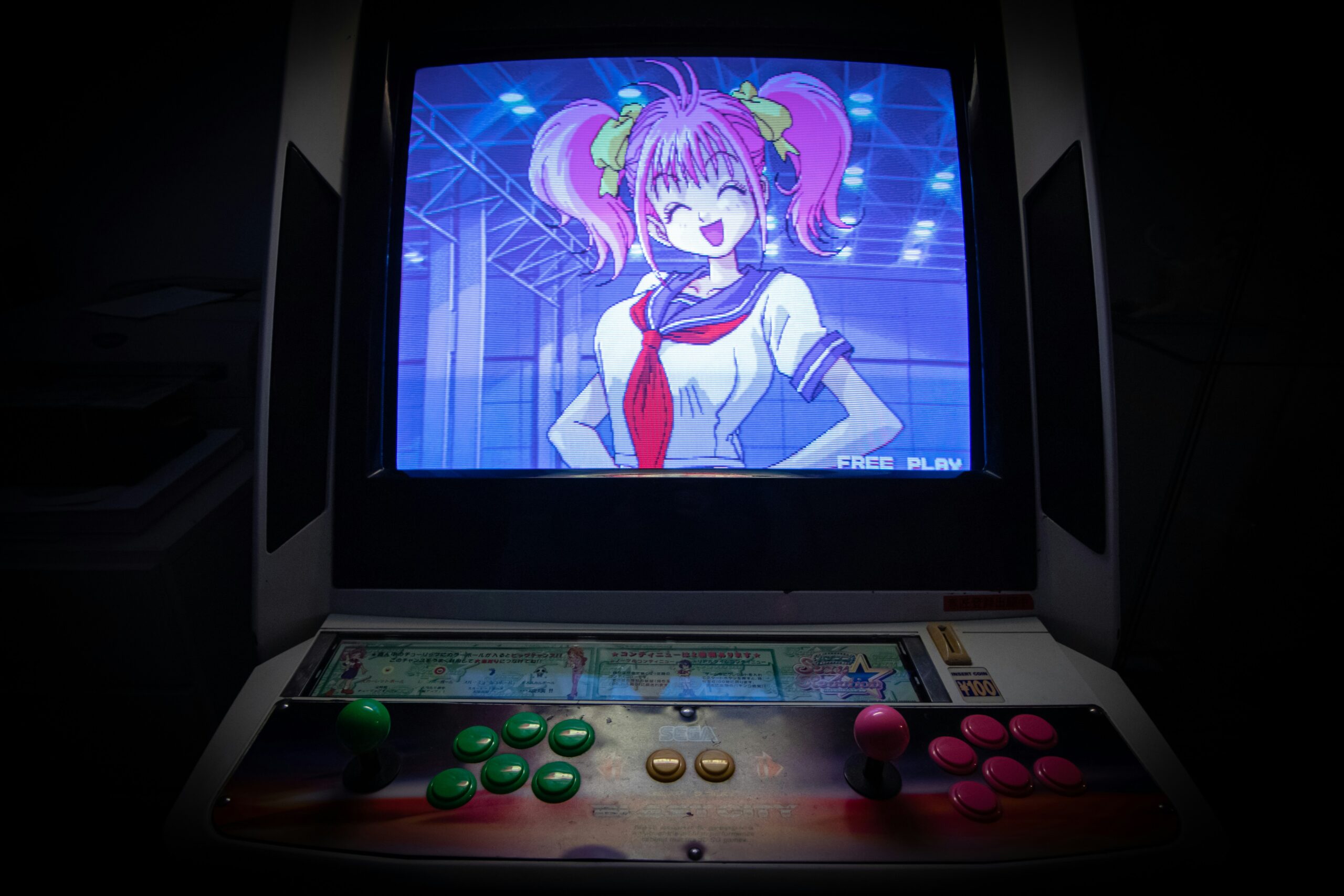Tencent and NetEase, two of China’s largest tech conglomerates, are reportedly reassessing their investment strategies in the Japanese gaming market due to recent market and project evaluations. These changes reflect both companies’ desire to optimize operations and focus on more successful collaborations.
Operational Shifts According to a recent Bloomberg report, NetEase is considering scaling down operations at Ouka Studios, its Japanese game development arm known for the recently launched “Visions of Mana.” While NetEase maintains a minimal staff to manage the release and support of the game, broader plans include a strategic withdrawal from the studio to realign with global market demands.
A NetEase spokesperson elaborated on the adjustments, stating, “Our international studio strategies are designed to enhance gaming experiences both locally and globally. As such, we continually adapt our approaches to better align with prevailing market conditions and player expectations.”
Tencent’s Changing Course Similarly, Tencent has withdrawn from several funding commitments in Japan. In a notable shift, Tencent discontinued its collaboration on the mobile adaptation of Bandai Namco’s “Blue Protocol,” following the project’s cancellation by the Japanese developer. Reports suggest that differing project scales and visions have led to these strategic withdrawals, with Tencent seeking larger-scale projects that have not aligned with the ambitions of some Japanese partners.
Future Collaborations Despite these strategic pullbacks, both Tencent and NetEase are committed to their ongoing partnerships with major Japanese developers such as Capcom and Bandai Namco. These collaborations continue to be pivotal in their strategies to deliver high-quality gaming experiences to a global audience.
Market Impact and Forward Strategy These changes come at a time when both companies are refocusing on leveraging domestic successes, such as the internationally acclaimed “Black Myth: Wukong,” which saw significant player engagement and boosted regional tourism in China.

































